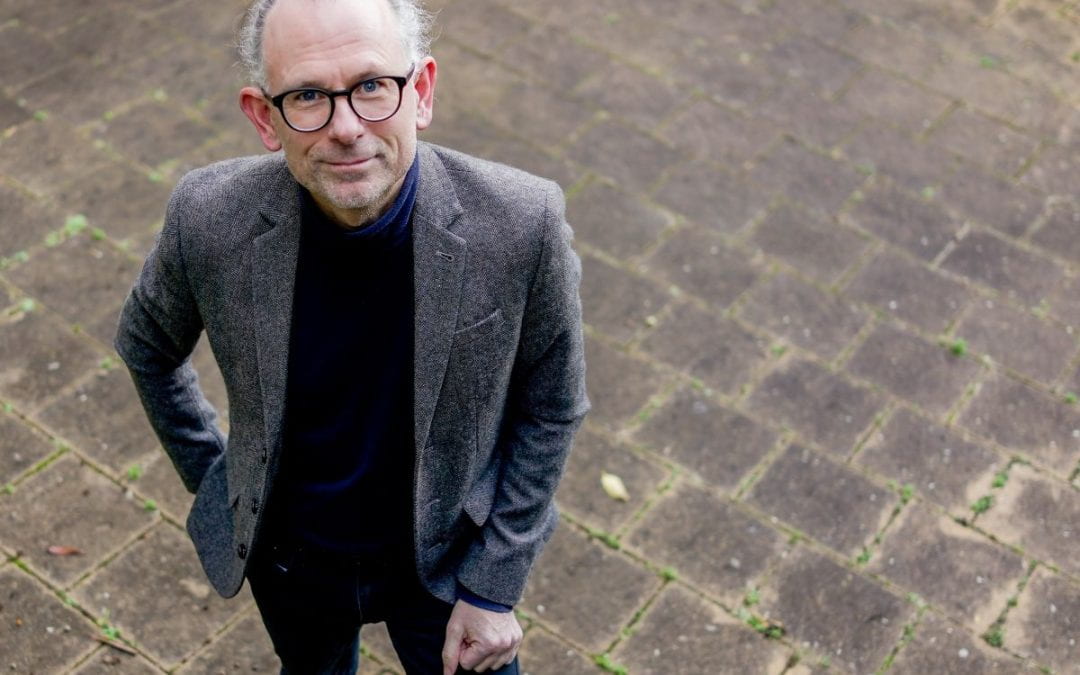Comment from Head of the School of Humanities, Arts and Social Sciences (HASS), Professor Alistair Noble.
During the early media circus about ChatGPT, I asked it to tell us about the three main challenges facing UNE and offer solutions. There were no surprises in the response, naturally, because as Noam Chomsky recently observed, the main function of ChatGPT (apart from burning up colossal amounts of electricity) is the “ability to mimic some regularities in data”.
ChatGPT tells us what we already know:
The University of New England (UNE) in Armidale, Australia, like many other universities, faces several challenges. Here are three key challenges facing UNE and potential solutions:
1. Declining Enrolments: One of the main challenges that UNE is facing is a decline in enrolments. This can be due to several factors, such as competition from other universities, changes in demographics, or a decline in demand for specific programs.
Solution: UNE can address declining enrolments by reviewing and improving its marketing strategies to better target prospective students. It could also consider offering new programs or expanding existing ones that are in high demand. Additionally, UNE could focus on creating a more positive student experience, including offering quality education, support services, and a welcoming campus community to retain current students and attract new ones.
2. Financial Sustainability: UNE faces financial pressures due to various reasons, including government funding arrangements and the increasing cost of running a university. This can have a significant impact on the university’s ability to maintain its infrastructure, offer quality programs and retain talented staff.
Solution: To achieve financial sustainability, UNE can explore alternative sources of funding such as philanthropic donations, industry partnerships, and research grants. UNE can also review its operating costs, reduce unnecessary expenses, and explore new revenue streams to increase its financial capacity.
3. Competition from Online Education: The growing popularity of online education is a significant challenge for UNE, as it faces competition from other online education providers that offer similar programs and courses.
Solution: UNE can embrace online education and offer flexible and innovative programs that meet the needs of students who prefer online learning. UNE can leverage its existing reputation and strong brand to attract students who value quality education and personalized support services.
As ChatGTP reflects back to us what we already know, I think there are useful things for us to analyse. For example, do we really offer “flexible and innovative programs”, or just a lot of Special Extension of Time and late-withdrawals? Why does research warrant only a passing mention? How could we genuinely mitigate the risks of having an overwhelming dependence on a single income-stream?
Long ago, in 1996, Professor Michael Porter (of Harvard Business School), wrote about the ‘growth trap’:
Among all other influences, the desire to grow has perhaps the most perverse effect on strategy.
Universities across Australia are searching for sustainable business models in a low-growth Higher Education environment (and I hasten to add that sustainability does not preclude growth; it’s a more sophisticated strategic focus).
At UNE, we teach sustainability and it’s beyond time to apply this expertise to our own organisation.
Rather than a top-down approach, we might begin by thinking about our own areas of responsibility, perhaps even starting with small things: how could the delivery of this unit be more sustainable? How could my discipline-area’s research be stronger and sustainable? Is this administrative procedure sustainable and efficient? Why do we put up with things that don’t work well, if we could change them?
Even modest improvements, when spread across a broad spectrum, can strengthen UNE for the future and reduce some of the burden of work we presently carry.
Commentary originally published in the HASSE Faculty newsletter.

